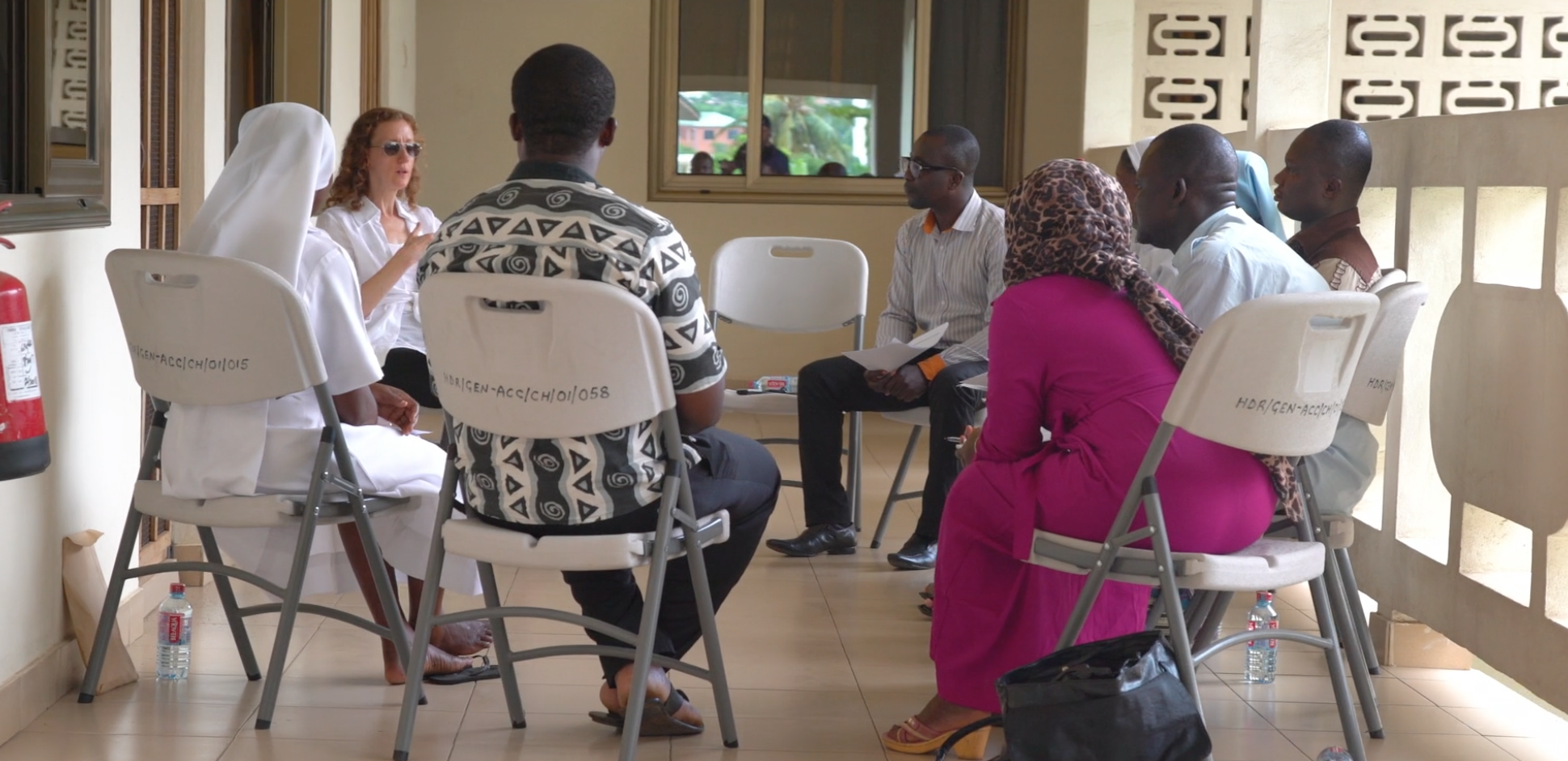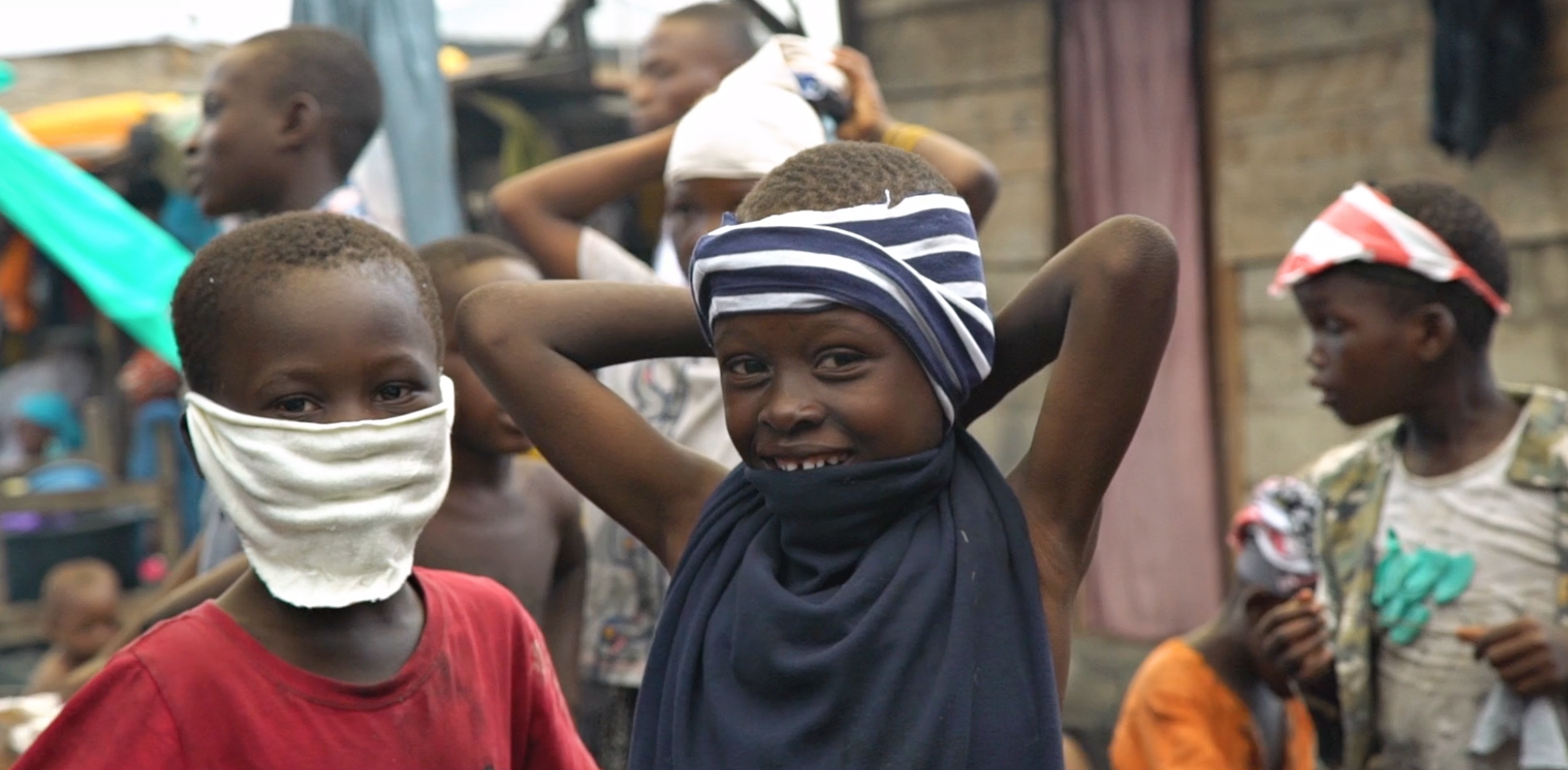
Jessica Kritz, J.D., M.A.
Assistant Professor
Department of global Health
school of health
Georgetown UniversitY
Grand challenges require grand strategies. Prof. Kritz’s interdisciplinary research—at the intersection of public administration and health, law and policy—unites vulnerable communities with the systems they need, to create change.

Open defecation at the Atlantic Ocean, surrounded by plastic bottles. Photo credit: Case Communications
about
Jessica Kritz is a participatory action researcher focused on cross-sector collaboration around complex health challenges. Her current research collaborations include:
participatory action research with informal sector workers and communities (e-waste and scrap workers, fisherfolk) to resolve wicked problems at the intersection of climate, the environment and health
GOGREEN, a global study on co-creating the green transition
enshrining and implementing rights through public administration law and policy, and
intervention design modeling the COVID-19 response of a rural, Appalachian county in North Carolina.
Since 2015, the anchor for this work is Jessica's empirical research on intervention design to resolve wicked problems in Ghana. This project was designed to provide direct services to the most vulnerable beneficiaries, while also advancing theory and generating rigorous academic research outcomes. Jessica began the research with one Catholic sister, the municipal health department and community leaders in Old Fadama, the largest urban slum in Accra. At the time, Old Fadama was a government "no-go zone" because it was in active conflict with the government; the research team and municipal public health officers entered the community with armed guards. Jessica trained stakeholders and a local facilitator from the National Catholic Health Service on the best evidence on cross-sector collaboration. They used that evidence to develop a culturally appropriate collaboration process to address recurring cholera epidemics resulting from outbreaks in the community: complex environmental and health challenges. The collaboration process was modeled as an intervention, drawing on data from 300 core stakeholders and hundreds of thousands of beneficiaries in Old Fadama. Now in its eighth year, the project has served more than 10,000 of Ghana's most vulnerable with direct services that they requested, in other slums in Accra and Kumasi and more than fifteen sites in rural communities in northern Ghana, using local resources. The collaboration intervention worked where other, more traditional development projects did not, and is currently being scaled up with support of the Ghana national government. This low-cost, locally-designed tool dramatically improved participation, changed government policy, and resulted in numerous projects providing new services to Ghana's most vulnerable.
Jessica has conducted prior research in Rwanda, Palestine, and South Africa.
Jessica and her husband Brian have served on the boards of multiple community organizations in their Georgetown neighborhood of Washington, DC. Their son Theodore (12) attends Rochambeau: The French International School, where Jessica serves as President of the Parents Association Rochambeau.




CONTACT US
Questions about our work? Want to get involved? Interested in partnering?










